Increase Dietary Fiber
- Aim for 22–34 grams of fiber per day for adults, depending on age and sex.
- Fiber-rich foods include:
- Whole grains: whole wheat bread, brown rice, oatmeal, bran cereals.
- Legumes: lentils, beans, peas, chickpeas.
- Fruits: apples (with skin), pears, berries, grapes, kiwifruit, prunes.
- Vegetables: carrots, broccoli, green peas, spinach, Brussels sprouts, artichokes, sweet potatoes.
- Nuts and seeds: almonds, peanuts, pecans, chia seeds.
Types of Fiber
| Fiber Type | Sources | Role in Constipation Prevention |
|---|---|---|
| Soluble | Oats, beans, lentils, peas, some fruits | Absorbs water, softens stool, improves passage |
| Insoluble | Wheat bran, whole grains, vegetables | Adds bulk, speeds up intestinal transit |
Both types are important for regular bowel movements.
Stay Hydrated
- Drink plenty of water and fluids such as clear soups, herbal teas, and naturally sweetened fruit or vegetable juices.
- Hydration helps fiber work effectively and keeps stools soft and easier to pass.
Add Fiber Gradually
- Increase fiber intake slowly over a week or more to allow your digestive system to adjust and minimize bloating or gas.
Incorporate Probiotics
- Foods with probiotics like yogurt, kefir, and sauerkraut may improve gut health and help with stool regularity.
Limit Low-Fiber and Processed Foods
- Avoid or reduce: chips, fast food, processed meats, white bread, pastries, and other low-fiber foods.
- Replace with whole-grain and high-fiber alternatives.
Sample High-Fiber Foods Table
| Food | Fiber Content (per serving) | Notes |
|---|---|---|
| 1 medium apple (with skin) | ~4.4g | High water content |
| 1 cup cooked lentils | ~15.6g | Excellent plant protein |
| 1 cup raspberries | ~8g | High in antioxidants |
| 1 cup cooked broccoli | ~5g | Rich in vitamins |
| 1 oz chia seeds | ~10g | Can be added to yogurt/oats |
| 1 slice whole wheat bread | ~2g | Choose varieties with seeds |
Additional Tips
- Snack on fruits, raw veggies, or air-popped popcorn instead of chips or sweets.
- Replace meat with beans or legumes in meals at least once or twice a week.
- Add nuts or seeds to cereals, salads, or yogurt for extra fiber.
- Consider a fiber supplement if you struggle to meet your needs through food, but consult a healthcare provider first.
Foods to Eat and Avoid
| Eat More Of | Limit or Avoid |
|---|---|
| Whole grains, bran, oats | White bread, pastries |
| Fruits (apples, pears, berries) | Chips, fast foods |
| Vegetables (broccoli, carrots) | Processed meats |
| Legumes (beans, lentils, peas) | Frozen/packaged meals |
| Nuts and seeds | Sugary snacks |
| Probiotic-rich foods | Soda, sugary drinks |
Key Takeaways
- A fiber-rich diet, adequate hydration, and limiting processed foods are central to preventing constipation.
- Gradual changes and a mix of soluble and insoluble fiber sources are most effective.
- If you have specific health conditions (such as IBS or Crohn’s disease), consult a healthcare provider before making major dietary changes.
ABOUT THE AUTHOR
Dr. Alex Sam is a passionate healthcare professional with an MBBS and MRCGP degree and a strong commitment to modern medicine. Known for his empathetic approach, he emphasizes listening to his patients and understanding their unique health concerns before offering treatment. His areas of focus include family medicine and general health management, where he strives to provide holistic care that improves both physical and mental well-being. Dr. Alex is also a strong advocate for preventive screenings and early detection of diseases, ensuring his patients maintain healthier lives. With a calm demeanor and deep medical insight, he has earned the trust of both his patients and peers in the medical community.
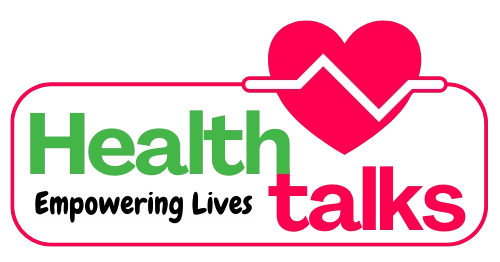








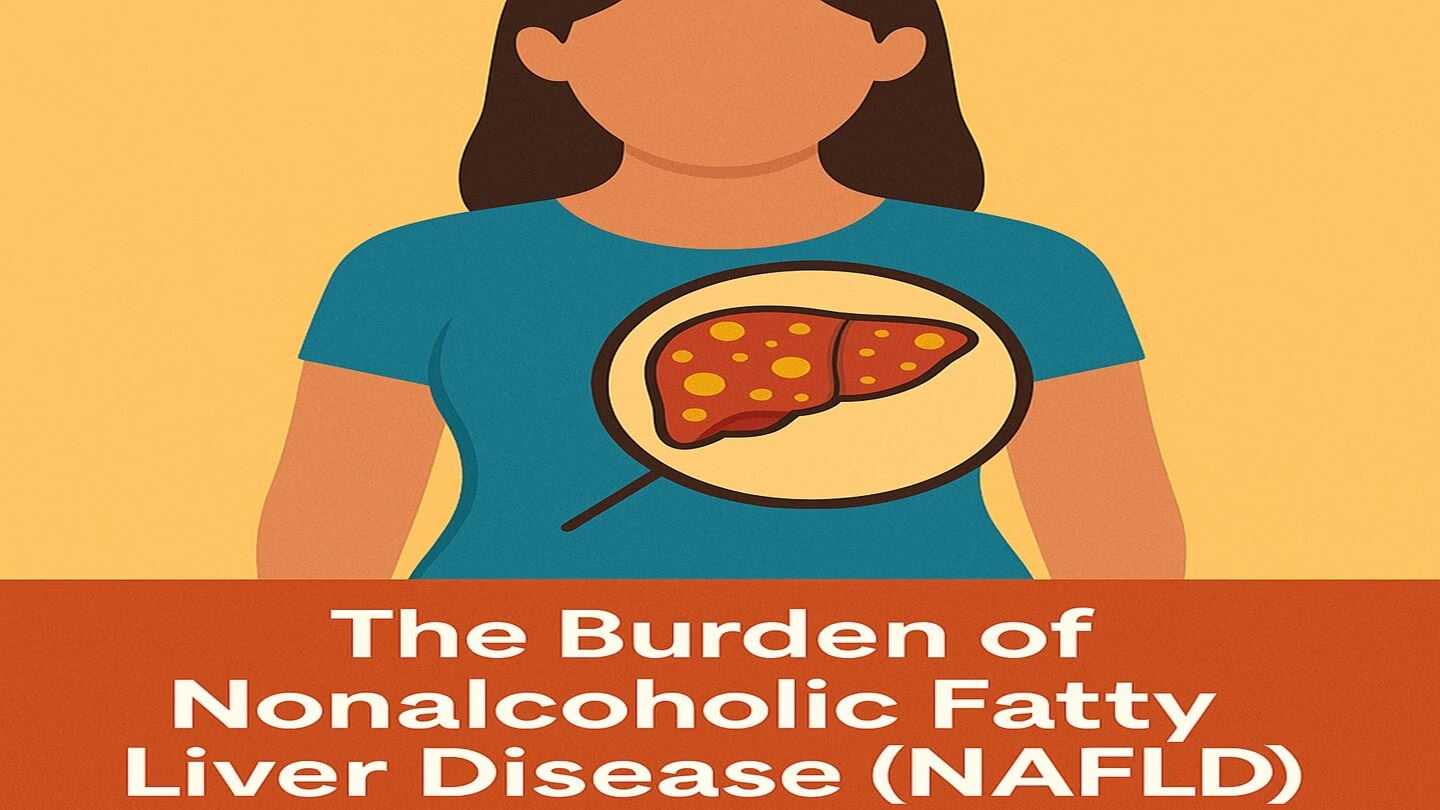
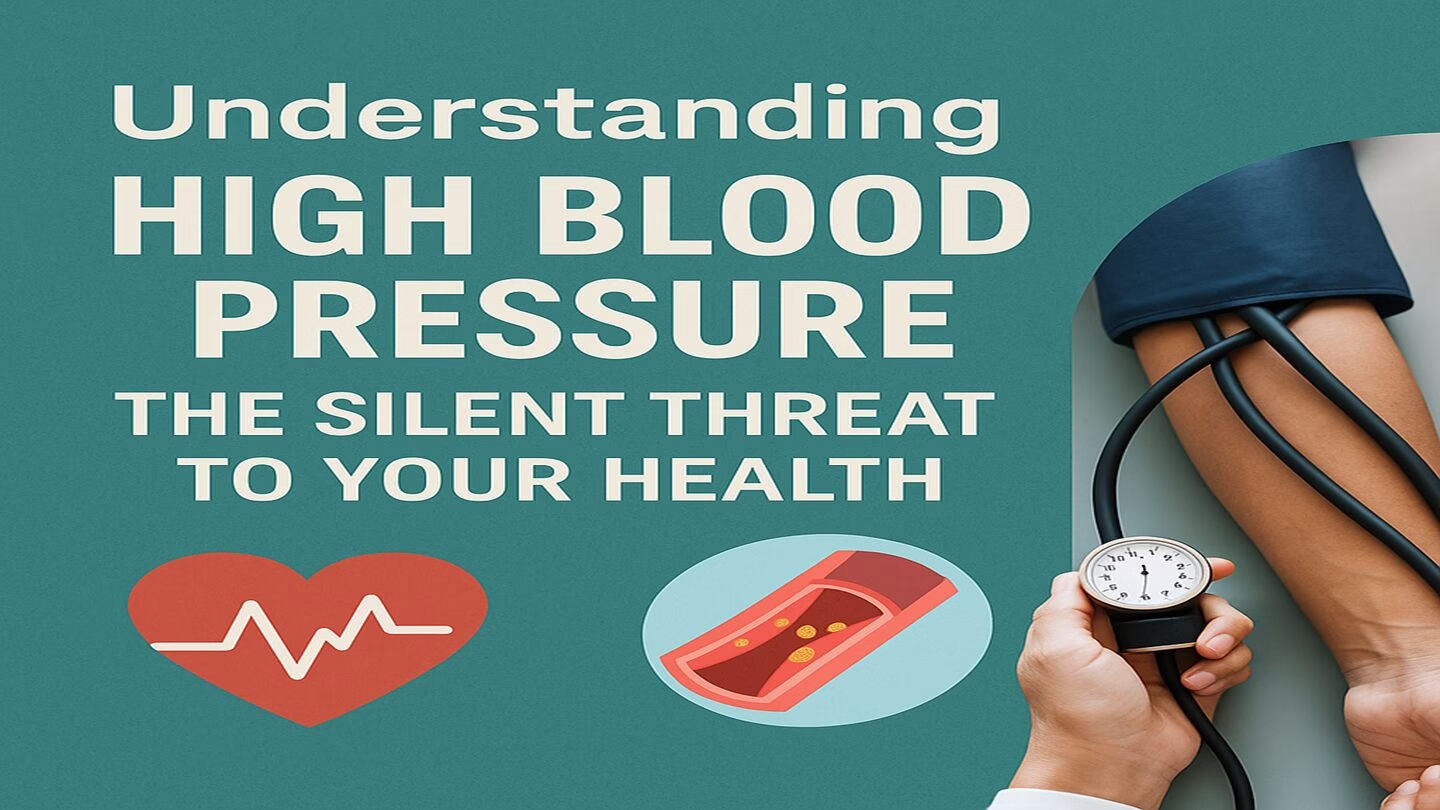
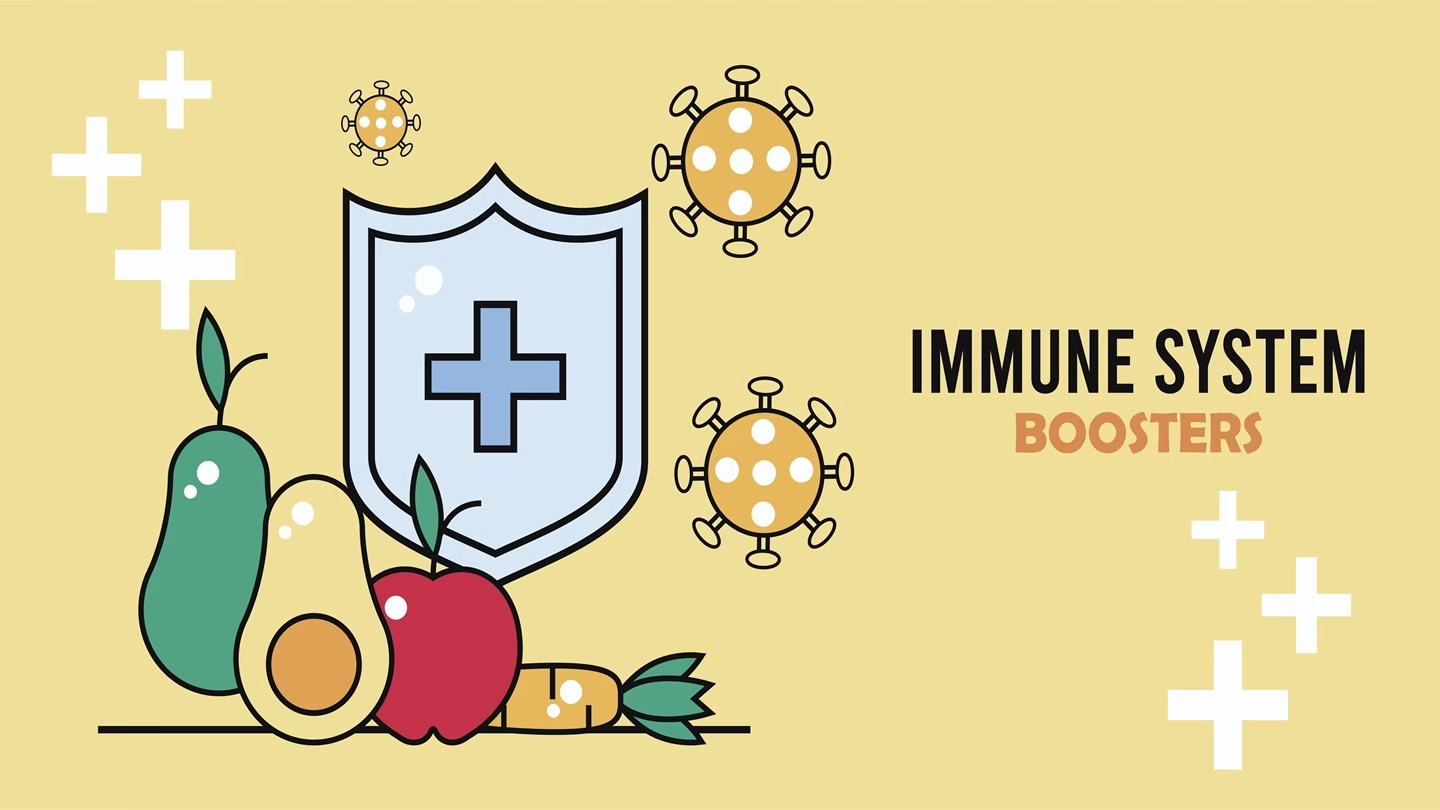
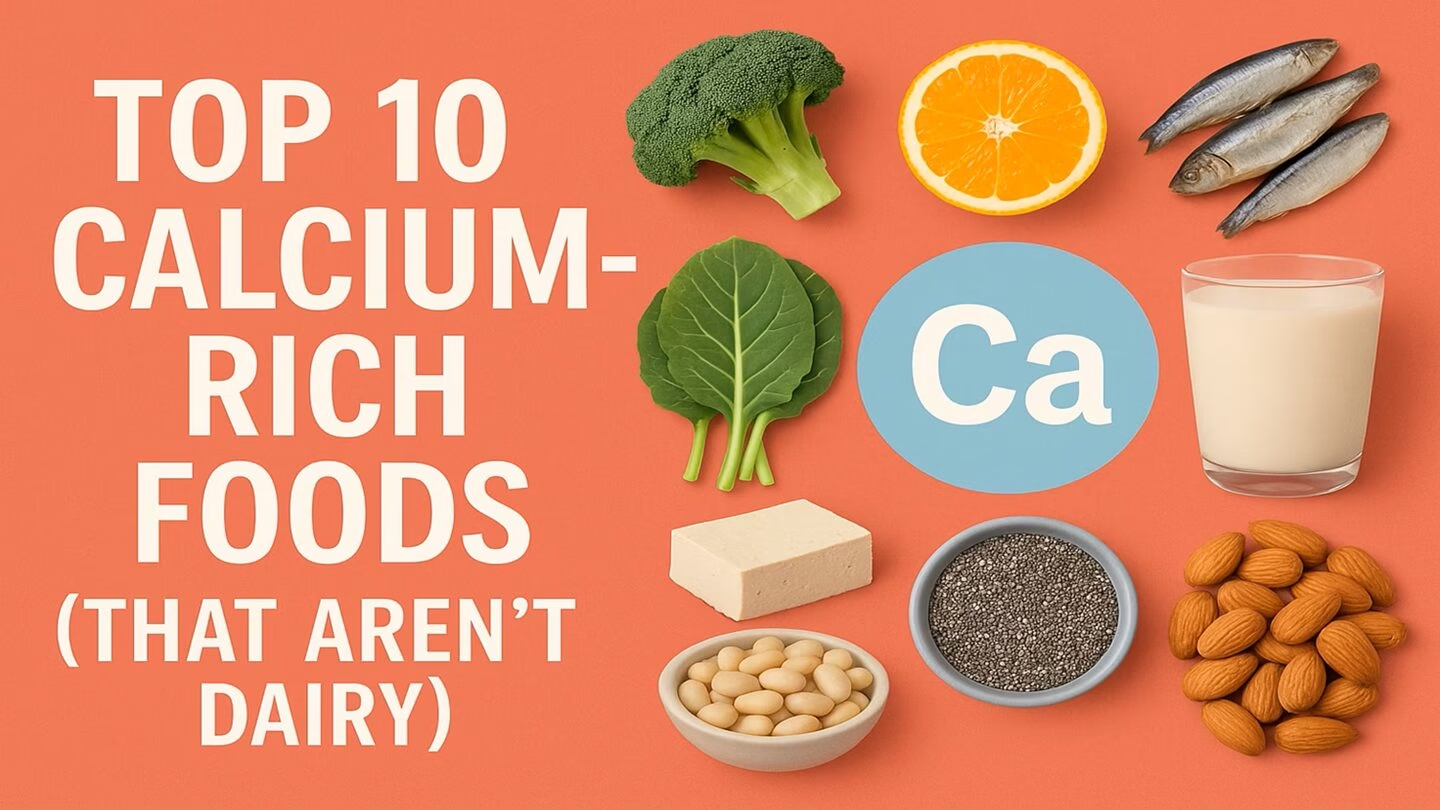

Add comment